Tarhin has transformed from a small, marginalized village in the countryside of Aleppo into a pivotal center for primitive oil refineries’ operations in the northern region, and even across Syria - May 10, 2024 (Enab Baladi/Dayan Junpaz)
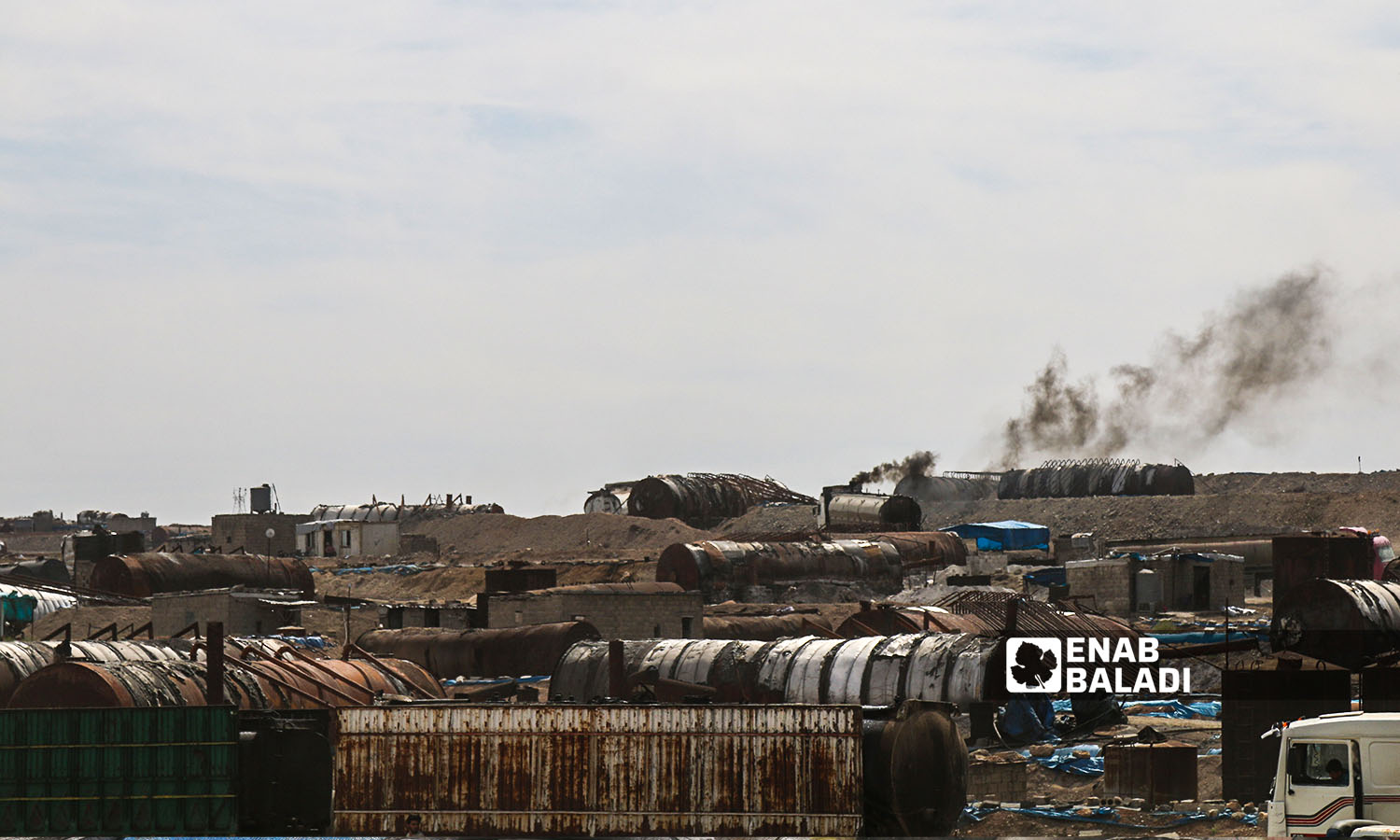
1200 primitive burners operate in the village of Tarhin in eastern Aleppo countryside - May 10, 2024 (Enab Baladi/Dayan Junpaz)
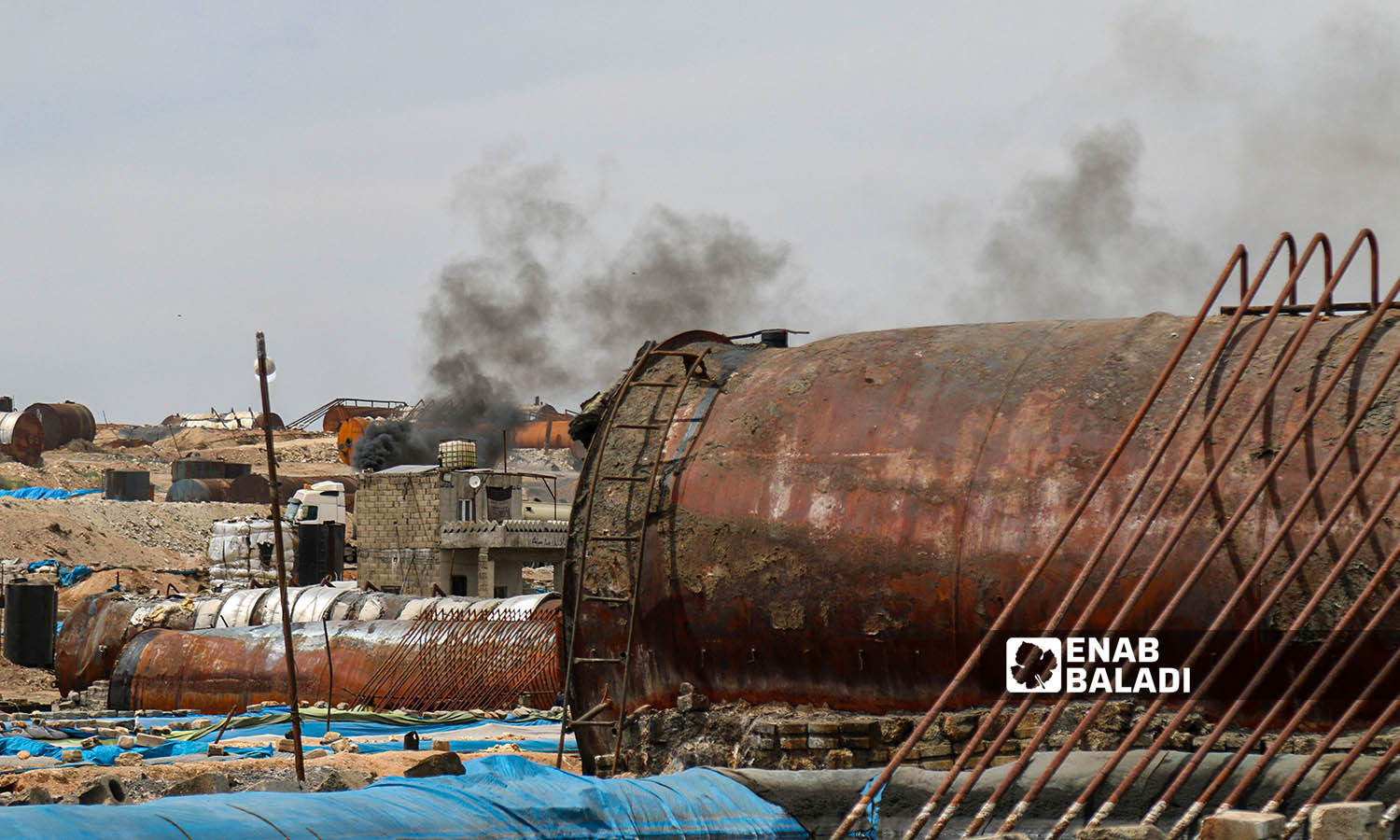
The oil refineries pump their toxins into the air and soil of the region - May 10, 2024 (Enab Baladi/Dayan Junpaz)
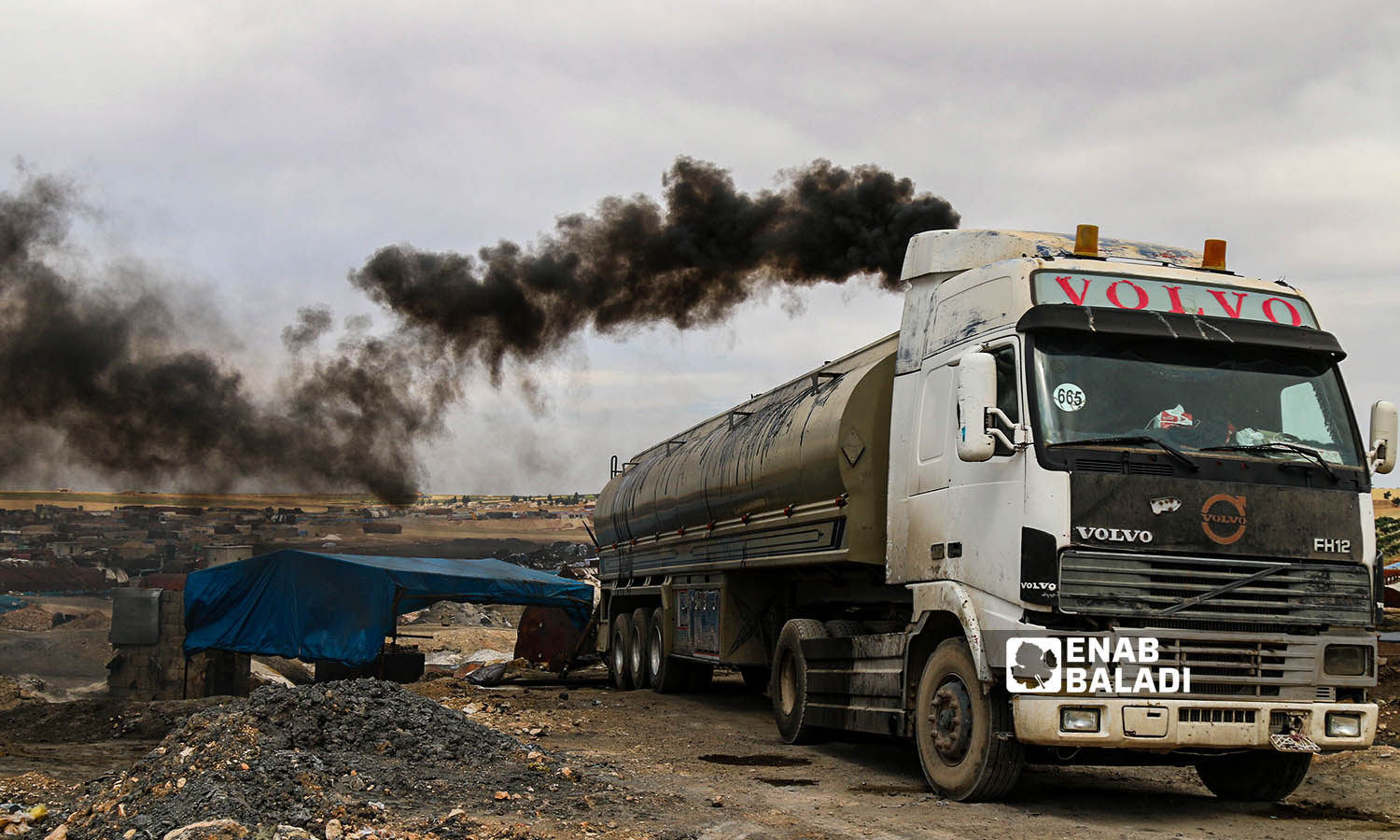
People work in the refineries without the availability of minimum safety equipment - May 10, 2024 (Enab Baladi/Dayan Junpaz)
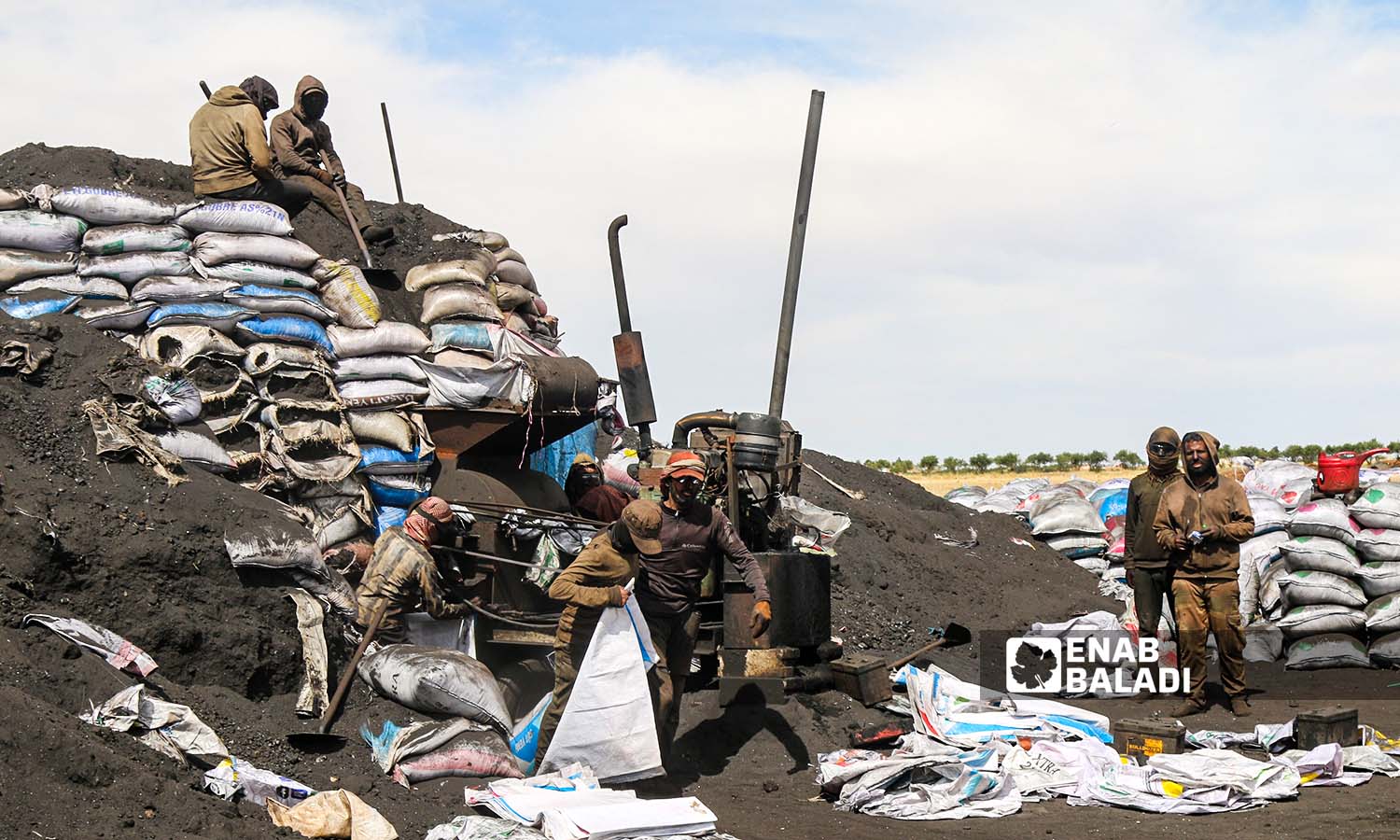
Each oil burner occupies an area of approximately one dunam in the village of Tarhin, eastern Aleppo - May 10, 2024 (Enab Baladi/Dayan Junpaz)
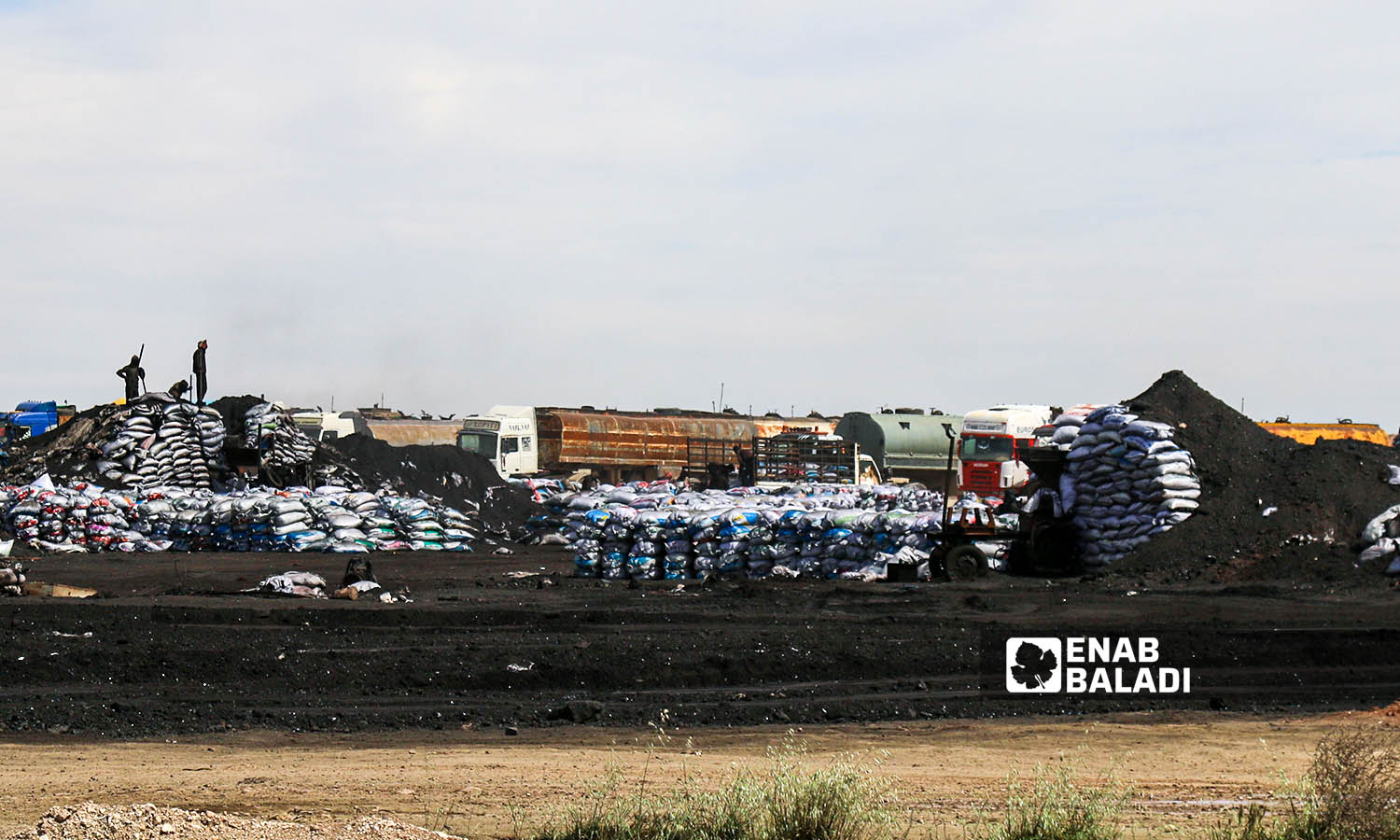
Crude oil is poured into the burners and a fire is ignited underneath - May 10, 2024 (Enab Baladi/Dayan Junpaz)
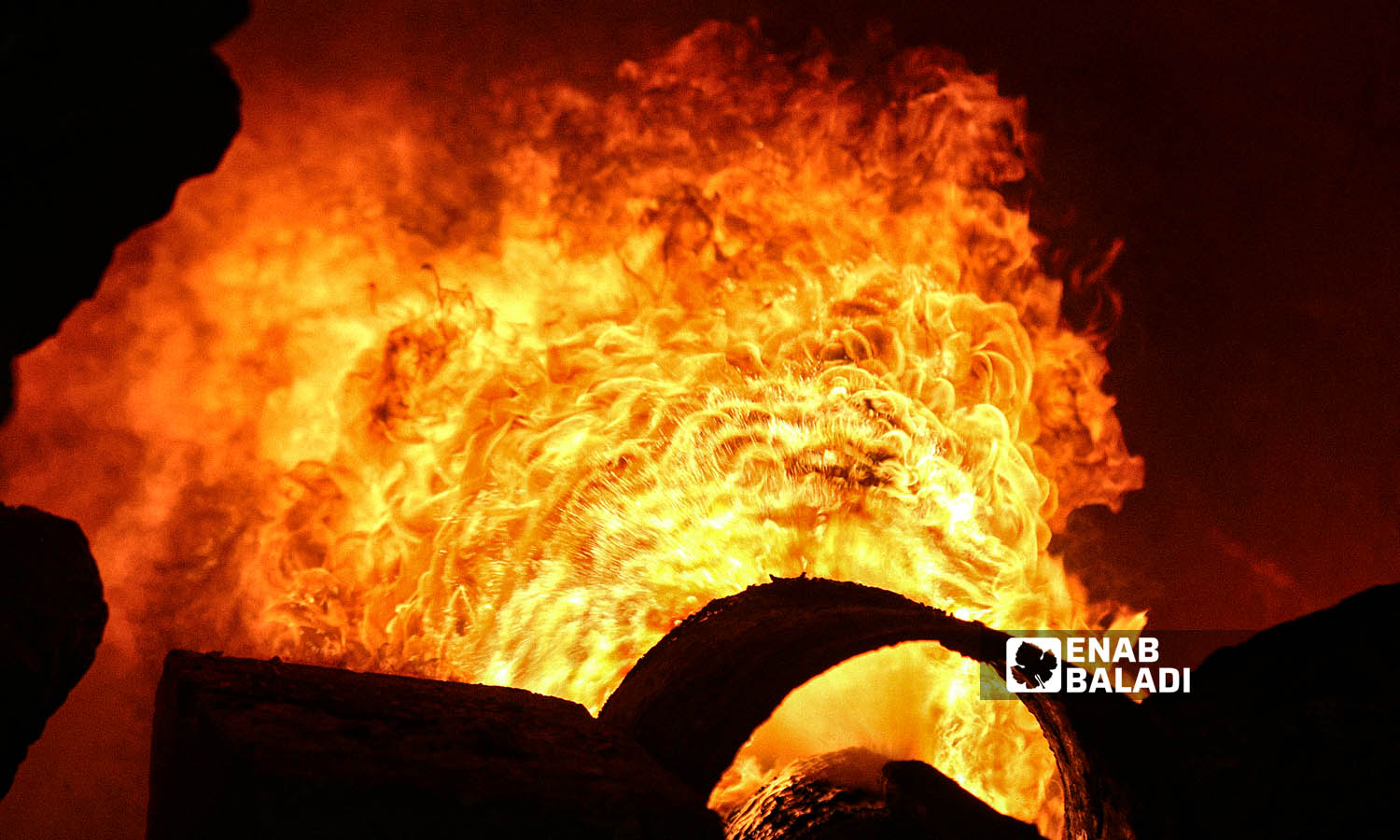
Each oil refining process inside the burners requires 24 to 30 hours with the participation of four workers over two shifts - May 10, 2024 (Enab Baladi/Dayan Junpaz)
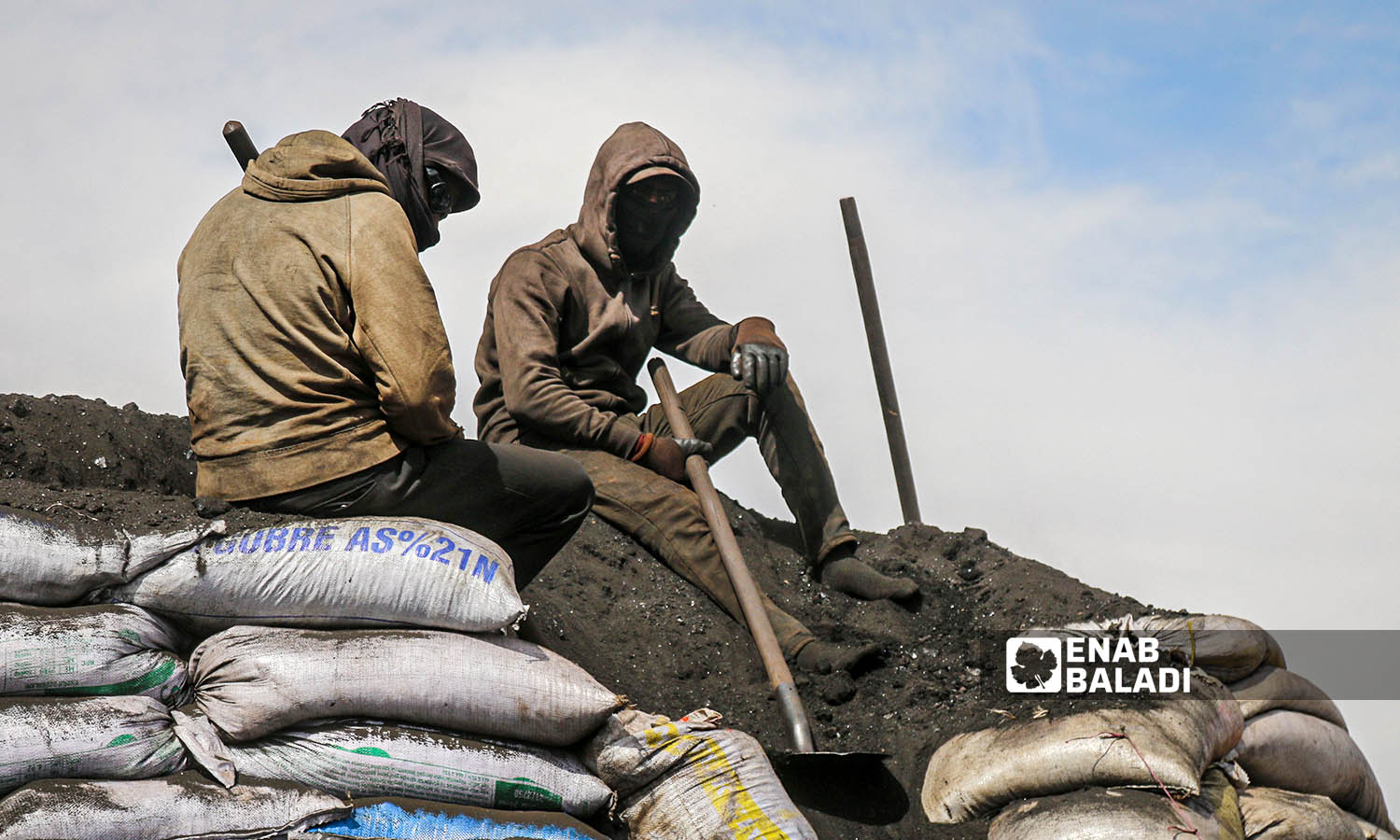
After extracting derivative materials, coal and slag remain as residues from the burning operations - May 10, 2024 (Enab Baladi/Dayan Junpaz)
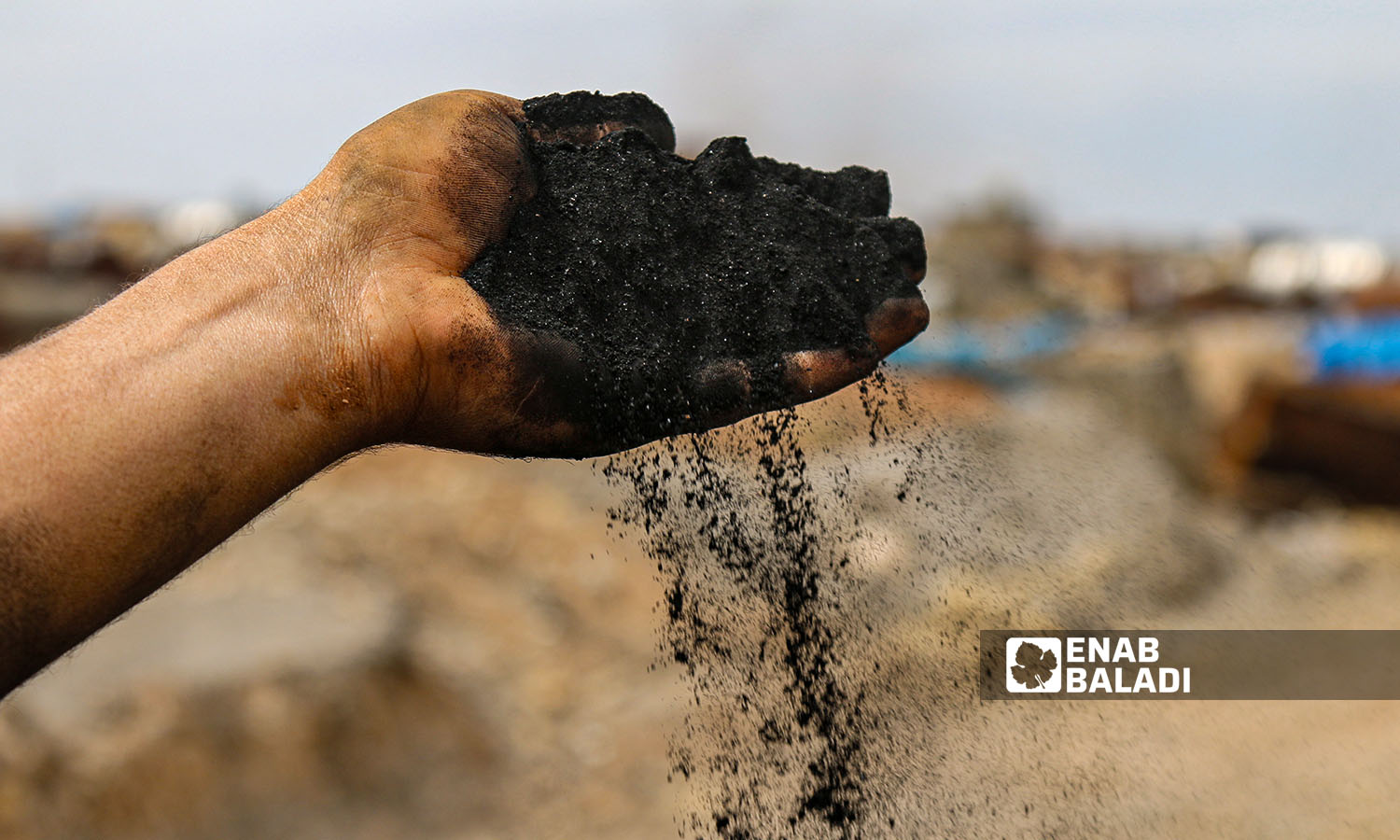
Diesel is extracted at a temperature of 320 degrees or higher - May 10, 2024 (Enab Baladi/Dayan Junpaz)
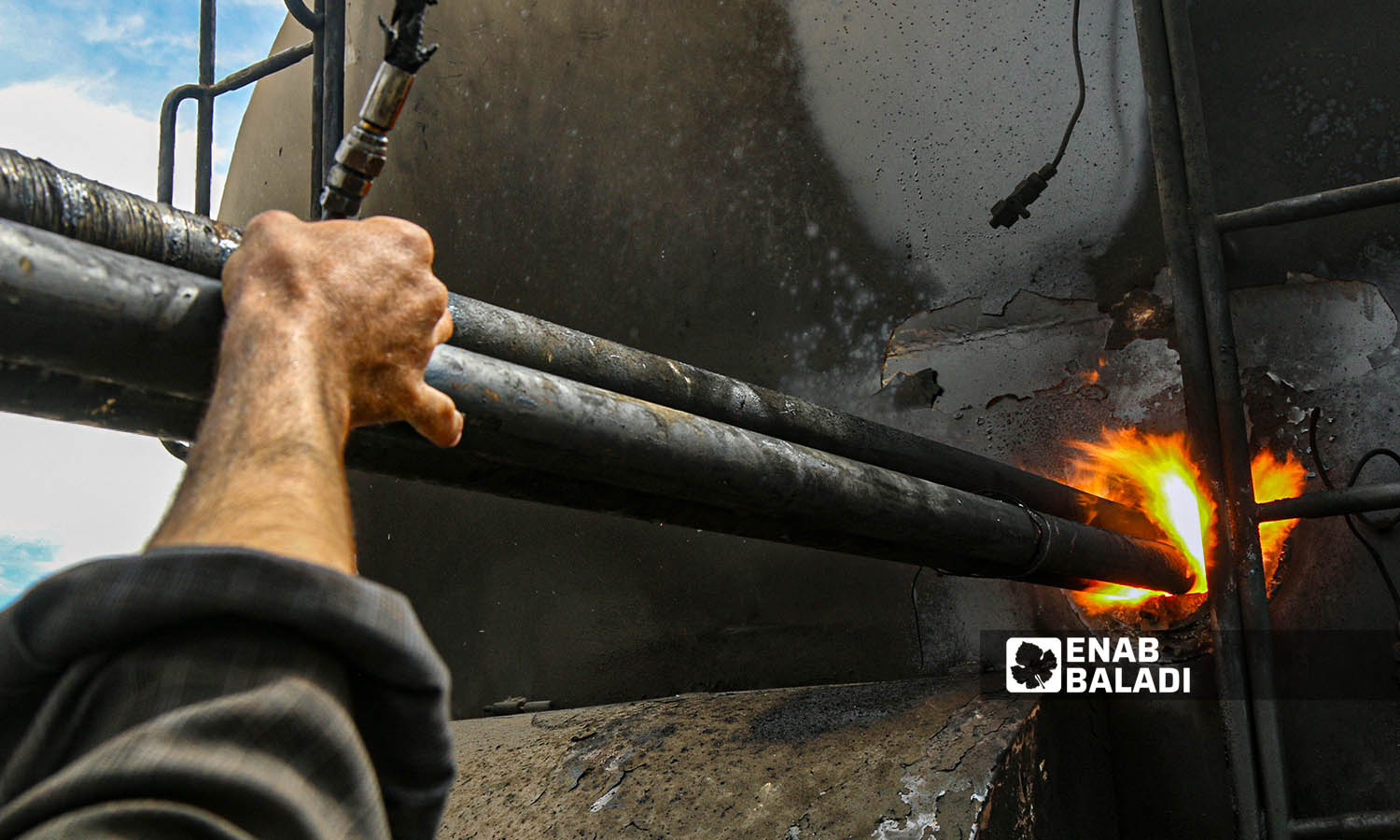
The price of one ton of coal ranges between 120 and 200 US dollars, resulting from the burning residues - May 10, 2024 (Enab Baladi/Dayan Junpaz)
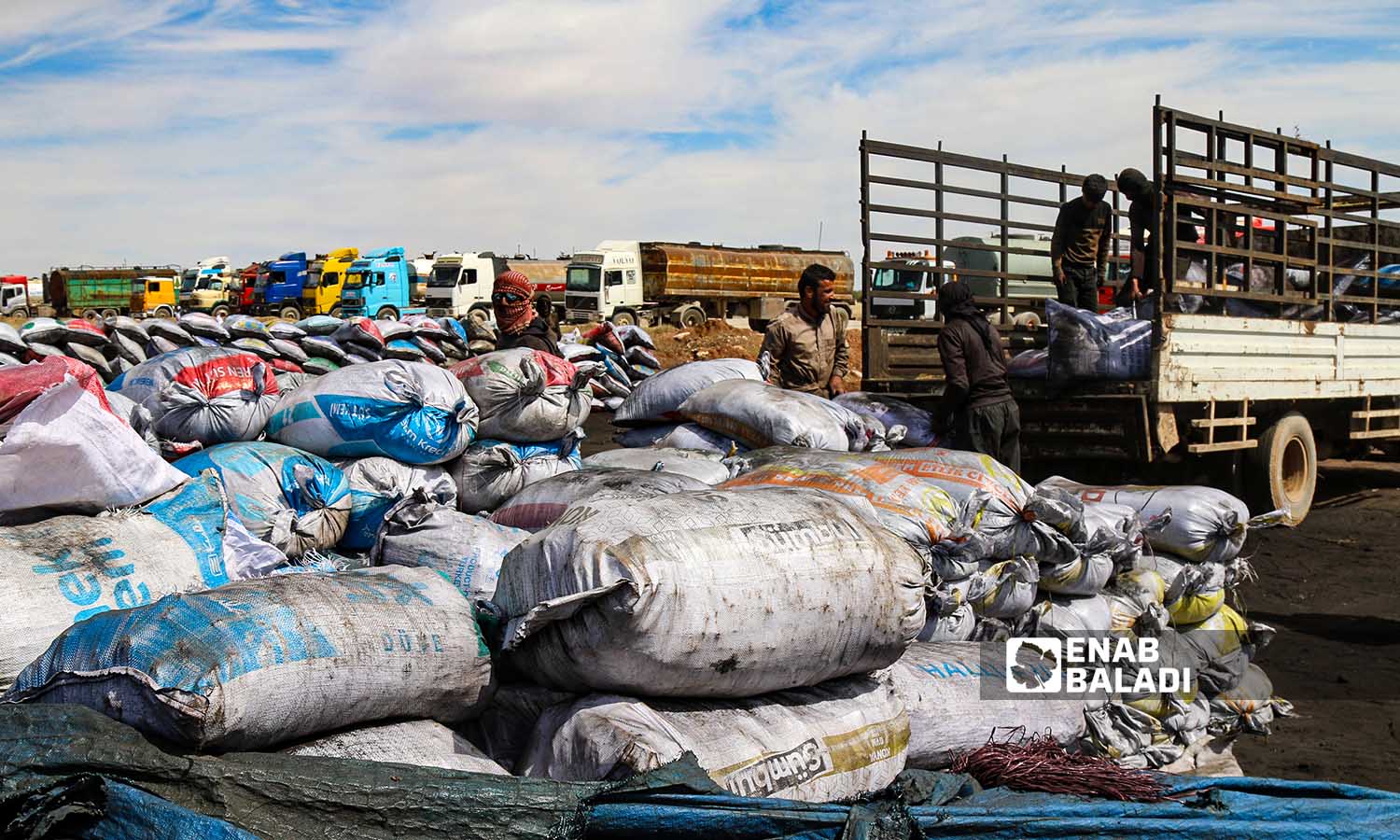

















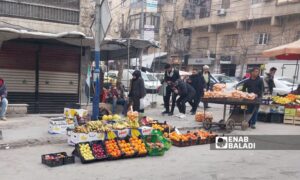

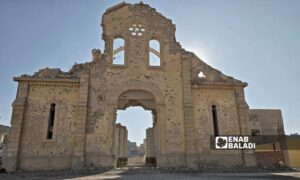

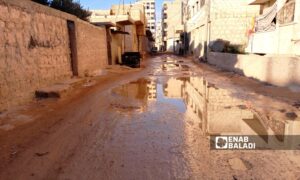

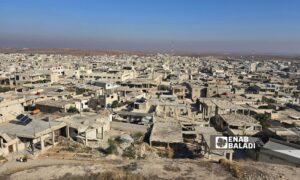
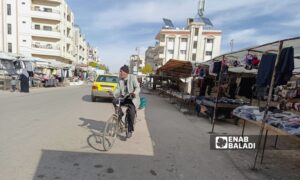
 More
More

